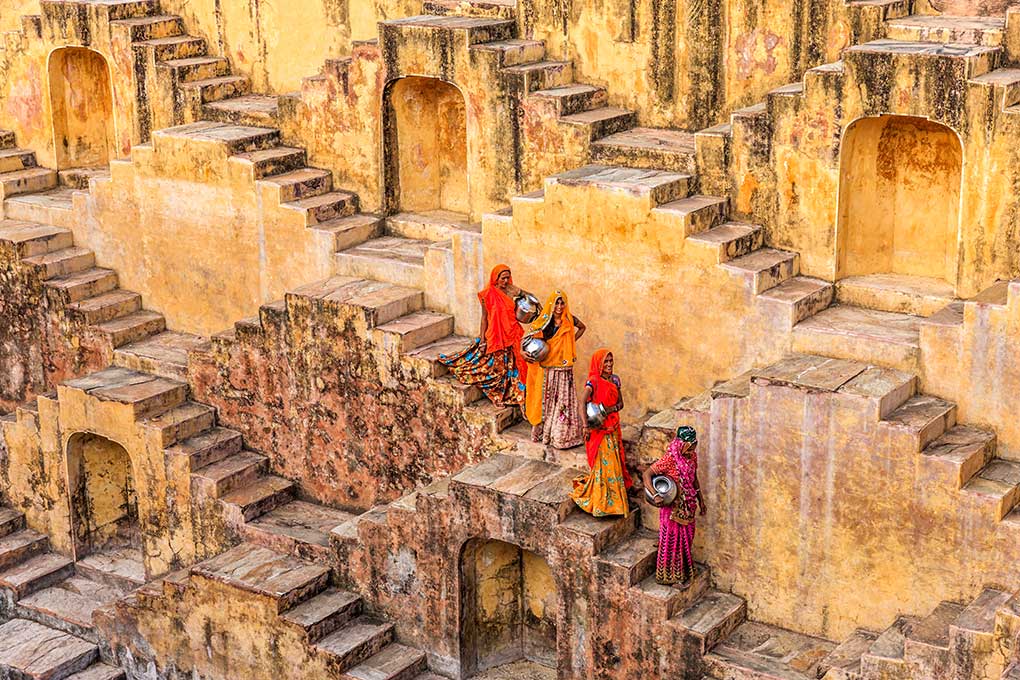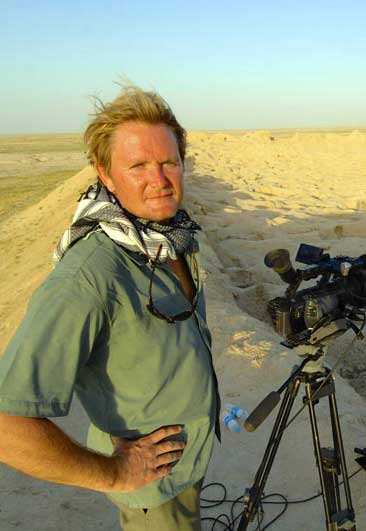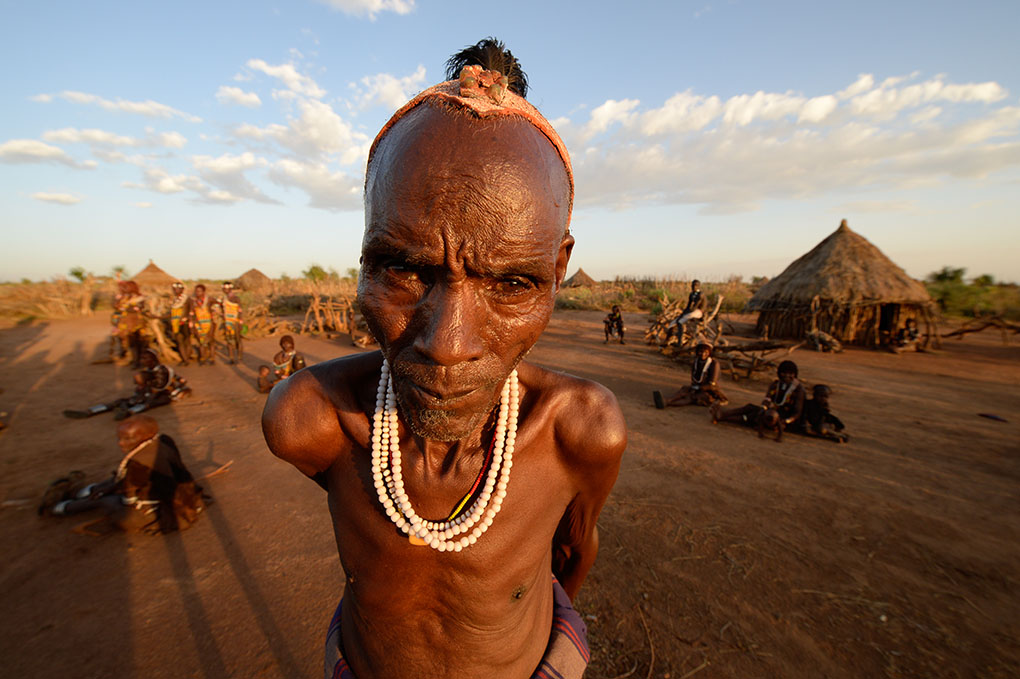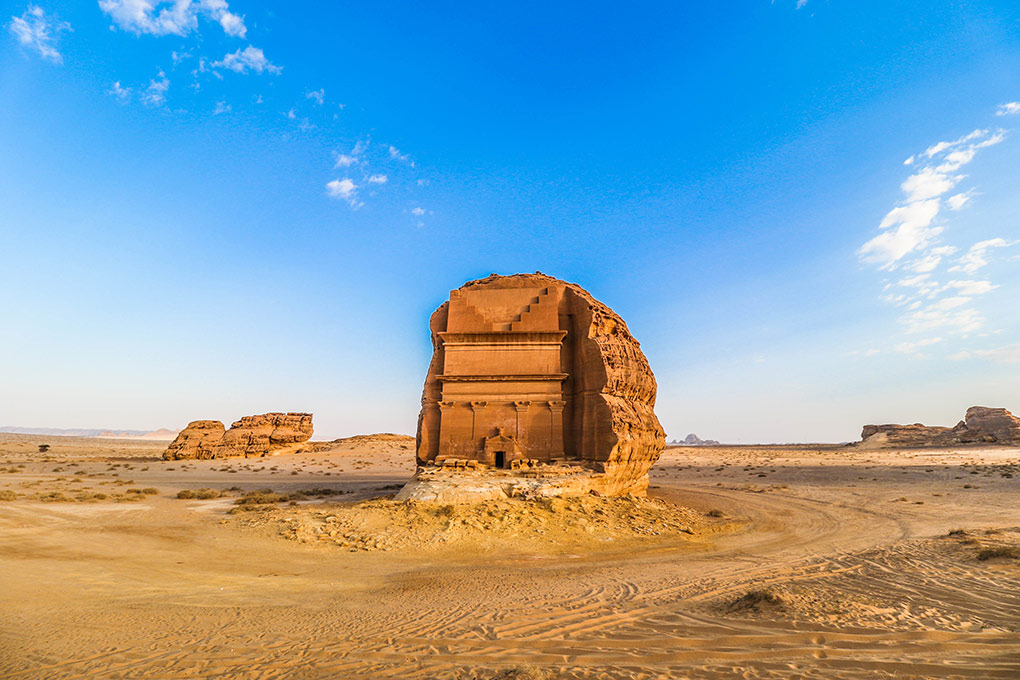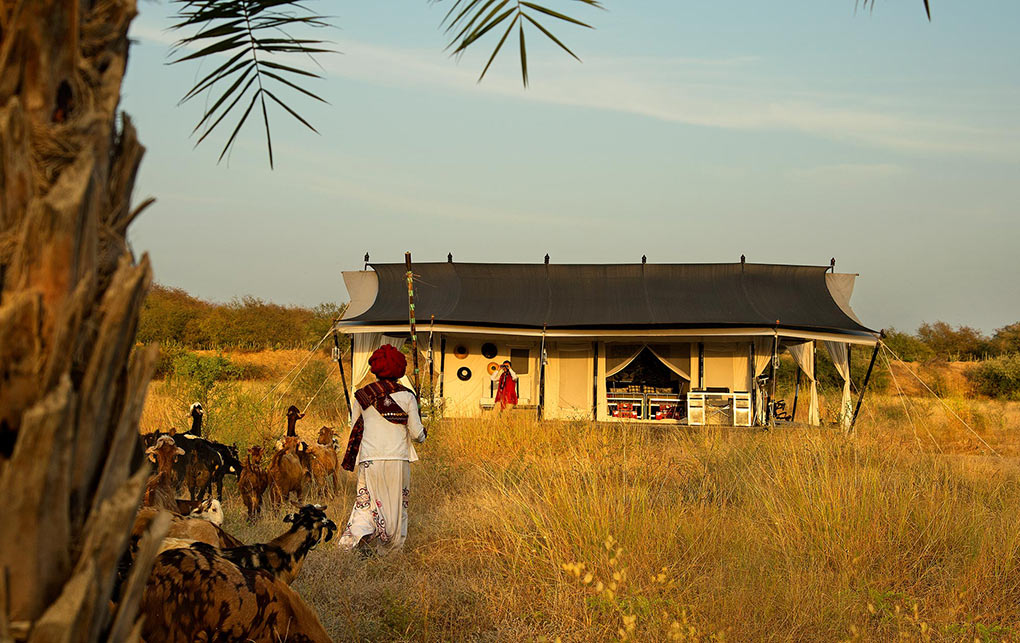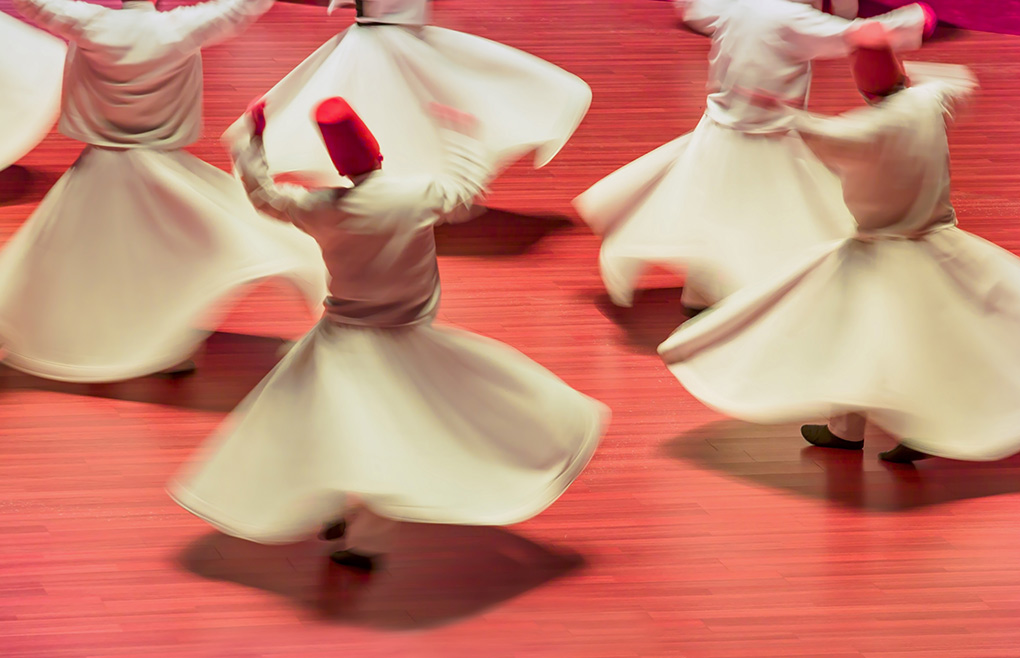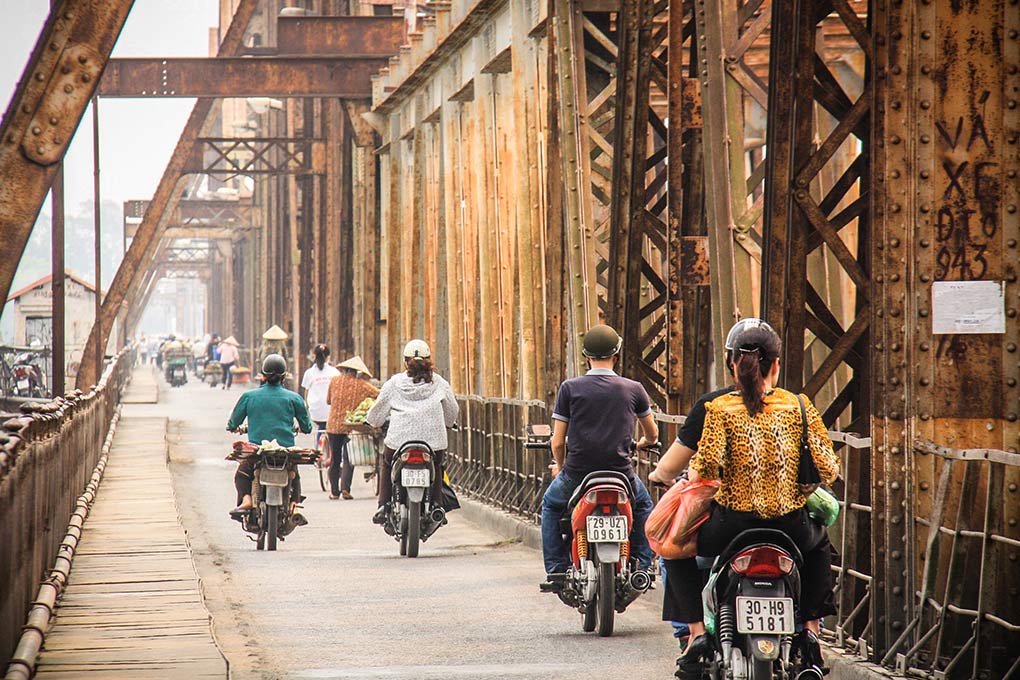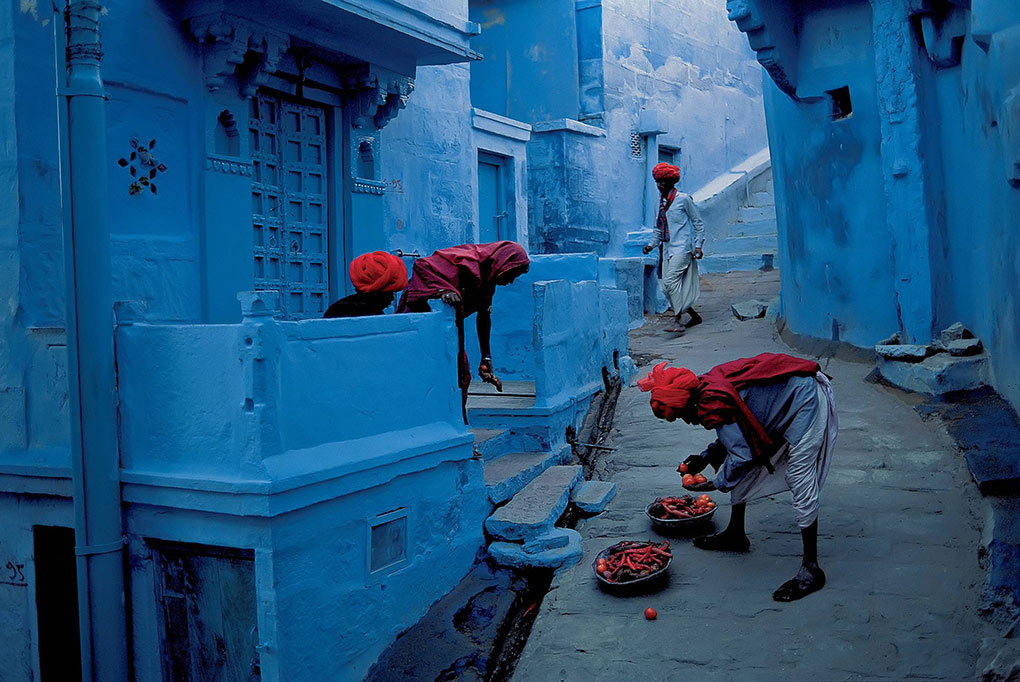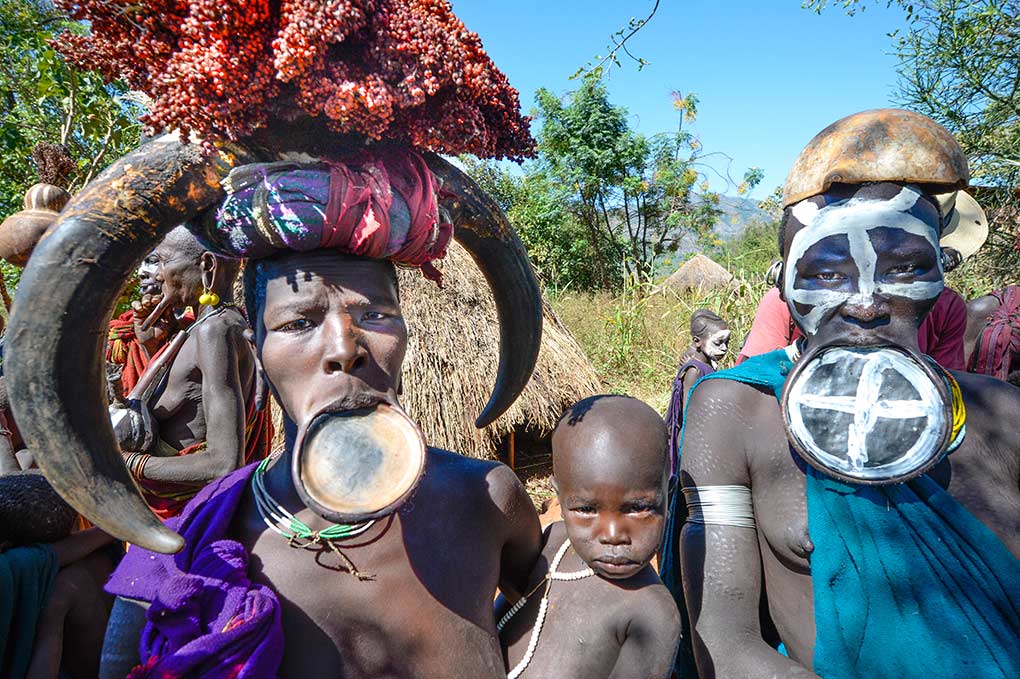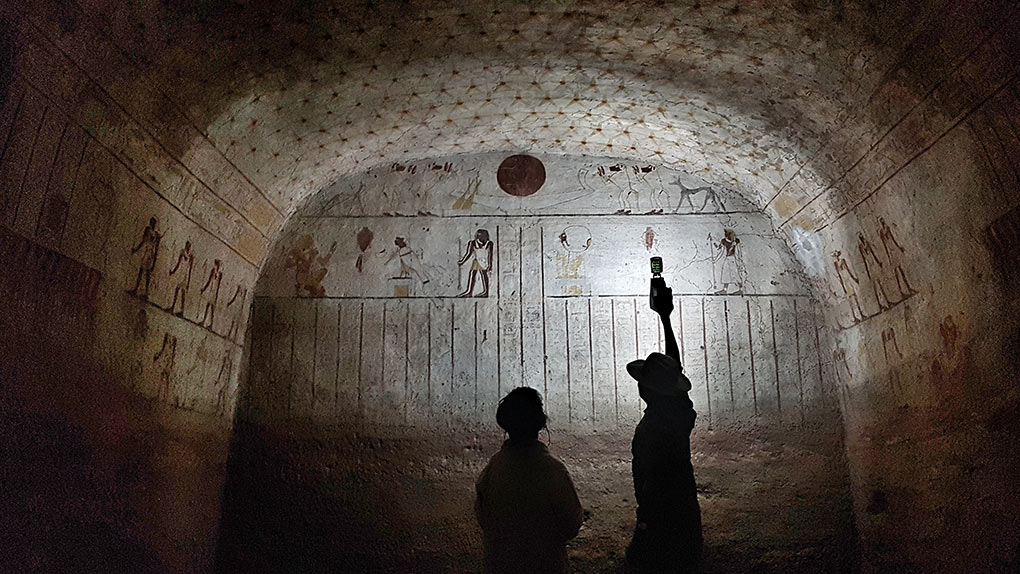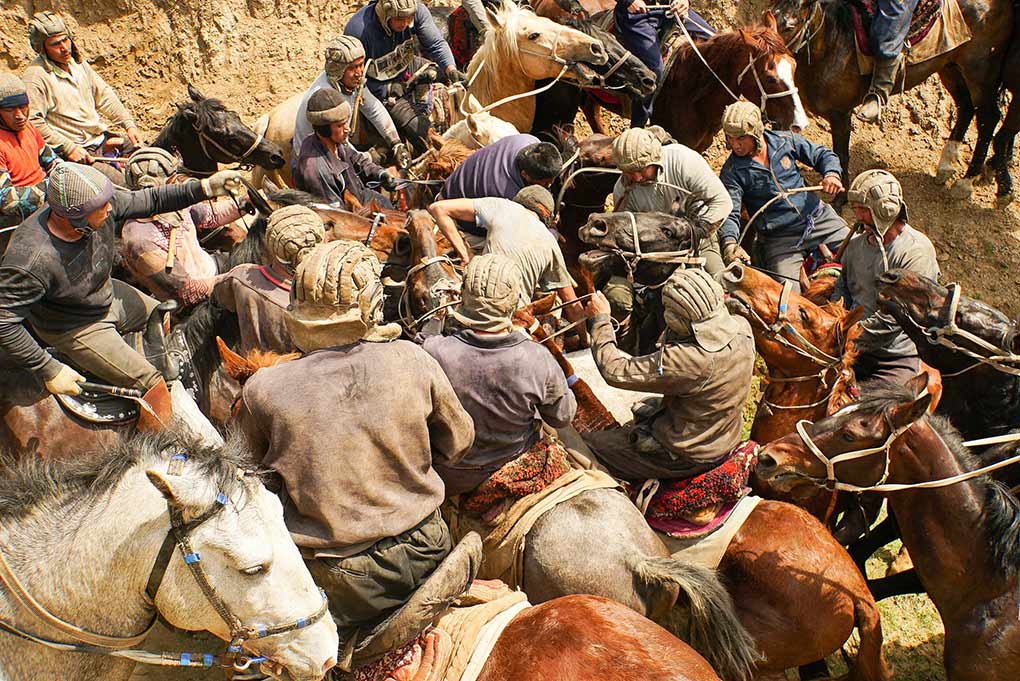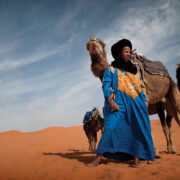A new way of touring: Arcadia Expeditions
I’ve been in the travel industry since 2002. I started off working for a company specialising in the Indochina region, then moved to a polar expedition cruising business. Most recently, I was working for a large adventure travel company where I was based for four years in Hanoi, Vietnam followed by five years in Marrakech, Morocco. The opportunity to live, work and travel around the world, along with being able to talk about what I love every day, is a real privilege and what keeps me happily in the industry.
Arcadia Expeditions is your new baby. How did it come about?
After so much time in the travel industry working for someone else, I felt it was time to strike out on my own and use what I had learned to create something that has never been seen before. I have to admit to getting a little frustrated at seeing tours becoming increasingly unimaginative and everything starting to look the same. Shortly after I returned to Australia from nine years living overseas running travel businesses, I was lucky enough to meet and become friends with the renowned documentary film maker David Adams. Every time we would catch up we kept talking about how our vastly different skillsets could be combined to create a totally new travel concept. This is where the documentary-style storytelling idea for our expeditions was born. We felt there was a gap at the high end of the market for people who wanted to immerse themselves in a destination and at the same time have an intellectual component to their holiday in the company of world-leading experts. The incredibly positive response we have received about our concept and our expeditions, which are particularly suited to a post-Covid world, has encouraged us that people are ready to travel in this way.
Where will your tours go?
Our expeditions venture mostly to more remote destinations such as Sudan, Turkmenistan, Uzbekistan, Saudi Arabia and Ethiopia. Even in our more ‘mainstream’ destinations like Vietnam, Turkey and Kenya, our unique immersive storytelling style is woven throughout the journey, so that we explore a country’s history, culture and people from a different perspective.
Which is your favourite itinerary and why?
For me, our ‘Jordan & Saudi Arabia: Desert Empires’ is my favourite of our expeditions. This is a trip that has never been even attempted before by a travel company. With Saudi just opening up a few months ago, for the first time we are able to take travellers overland from Jordan into the remote north of the Saudi. Some of mankind’s greatest societies made their mark at this important cultural crossroads and we will be following the ancient Frankincense Trail in search of ancient ruins and rock art. Everybody knows Petra in Jordan, which we will of course spend time at, but just over the border are a number of other magnificent Nabataean ruins that have barely been seen by anyone. Along the way, we go wine tasting in Amman in the company of a local historian to give us the background to our journey, we camp underneath extinct white volcanoes in Saudi Arabia and join Bedouin tribes for traditional meals under the stars. This is all in the company of our expert storyteller, Iain Shearer, an accomplished archaeologist who has worked at dig sites in both countries and who immerses us into the myths and legends of this region.
Our clients are travel connoisseurs who have ‘been there and done that’ and are looking for something new, far from the well-trodden path. They are curious about the world and look to incorporate genuine intellectual insight into their travels, and are therefore happy for educational and immersive elements to their holidays. Whilst they are discerning and expect some luxe and style along the way, they can rough it when needed in order to engage with the genuine spirit of the destination and its people. Whilst our clients are not the traditional ‘group tour’ type, they welcome the opportunity to travel in small groups of like-minded people led by a world-leading expert. With a maximum of either 12 or 16 travellers in a group, in a way our trips are like a travelling dinner party, with our storytellers acting as hosts. Importantly, our storytellers aren’t passing on their wealth of knowledge through formal lectures. Rather, they will enlighten and expand the understanding of our travellers in a more informal way – through fireside chats, leading a discussion over a meal, or one-on-one over a cocktail.
What I most love about travel is that it puts you in a situation where completely unexpected things can happen to you. You just don’t get that very often in the normal, predictable lives we live at home. I remember once walking through the backstreets of Kandy in Sri Lanka one night, turning the corner and, without any warning at all, almost head butted a massive elephant, painted from head to toe on its way to a festival. That unpredictability, that power to surprise and challenge, is what most attracts me to travel.
Morocco is the place I love most of all. I was lucky enough to live there for 5 years and in fact I still have a house in Marrakech and spend a few months there every year. The term ‘exotic’ gets overused these days but the heady combination of sights, smells and sounds when you set foot in 1,000 year old medinas is truly intoxicating. I’m particularly fascinated with Moroccan artisans and architecture and have spent much of my travels in Morocco seeking out the work of master craftsmen, admiring tile work in 13th Century Koranic schools or checking out the latest hip riad converted from an old palace. I also met my wife in Morocco, who is from Marrakech, so that makes it even extra special!
I spent a month travelling around Cuba in the mid 90s and it was the most fascinating experience I have ever had on the road. A mate and I hired the smallest car you could imagine (we could barely both fit in it with our backpacks) and we just drove into remote villages that were often shocked to see visitors. We even attempted, for some reason I put down to the bravery/stupidity of youth, to try and drive to the US base at Guantanamo Bay. Two Cuban guards with AK-47’s couldn’t believe their eyes when two ragged Australians turned up in this tiny car asking if it was OK to have a look at the base! The Cuban people couldn’t do enough to make us feel welcome and to learn more about what life was like in the West. Although they didn’t have much, they were incredibly generous – we often shared meals with families who just bumped into us on the street. I was so fascinated by the history that I’m in the early stages of planning a trip to Cuba for Arcadia Expeditions, which will focus on the Revolution and looking at what Cuban socialism means today. I can’t wait to go back and see how it’s changed.
About the tours
One of the world’s best-known poets, Jalal al-Din Rumi was a Sufi mystic, philosopher and Islamic theologian whose humanist message of universal love, devotion and tolerance have left a spiritual legacy that has transcended faith, language and geography. His teachings have inspired millions of readers and became the base for the Mevlevi Order, whose disciples are known today as the Whirling Dervishes.
This expedition takes in the stunning highlights of Turkey with an in-depth exploration of the life of Rumi. Led by an expert on Sufism and comparative religion, journey into the mysterious realm of mysticism and examine the exceptional spiritual path taken by Rumi, a path that caused tension within his own community and the wider Islamic religion.
This tour will be unforgettable – find out more HERE
Vietnam: The road to indendence
The Vietnamese left an indelible mark on the history of the 20th century. As the French War (1946-54) sounded the death knell of colonialism in Indochina, the subsequent American War (1965-75) became an international political, social, and cultural phenomenon that shaped the Cold War and irrevocably changed the world. Yet, so much more defines Vietnam.
This expedition immerses our travellers into the modern history and culture of this fascinating country. You will engage Vietnam’s past through exclusive private meetings with key witnesses, as well as serious explorations – not mere visits – of iconic sites such as Ho Chi Minh’s Hanoi residence, Dien Bien Phu, the DMZ and the infamous Cu Chi tunnels.
Find out more about this fascinating tour HERE
India & Pakistan: Kipling and The Raj
The Englishman who wrote with an Indian voice, this one-of-a-kind expedition explores the life and times of Rudyard Kipling in India and includes Lahore in Pakistan. An epic adventure that sweeps across Northern India, we immerse ourselves into his world at the height of the British Raj. Led by acclaimed Kipling biographer Harry Ricketts, the expedition provides unparalleled access and insight into Kipling’s life, habits and haunts, as well as the locations of his most popular books – including Kim, The Jungle Book and Plain Tales from the Hills – classic stories that defined the empire and the times.
Find out more about this tour HERE
Ethiopia and Kenya: The cradle of humanity
For humanity, perhaps the greatest unanswered question is…where did we come from? Where is the home of our earliest ancestors, the so called ‘cradle of humanity’? “If you imagine our human origins as a 500-piece jigsaw puzzle”, says palaeontologist Patricia Kramer, “then today we have maybe eight pieces near the east edge of Africa and four pieces from the south. We can grasp a bit of the pattern, but we’re nowhere near seeing the whole picture.” During this expedition, you will explore part of that jigsaw – the remarkable biosphere of the World Heritage Listed Omo River Valley and Lake Turkana.
However, this journey will not be one of simply ‘stones and bones’. As well as exploring the very distant past, guests will also experience the very vibrant present. Since the time of Lucy 3.2 million years ago, this ancient realm has been constantly inhabited by hominids. Today’s custodians are the 18 or more seasonal nomadic tribes known as ‘The People of the Omo’. It is through their lands we will first travel, and it is in their villages we will stay and experience their myriad tribal customs and traditions.
Read more HERE
Today, but for the life-giving waters of the Nile, Sudan appears a trackless, lifeless desert. However, this land is truly enigmatic. Half buried beneath the sands are the remains of an extraordinary series of civilizations that include three times the number of pyramids in Egypt. Less than 5,000 years ago, the southern edge of the Sahara was some 500 km further north and at that time there were not two but three River Niles. What remains of the ancient Yellow Nile is known today as Wadi Howar, and it’s here where the journey truly begins.
This one-of-a-kind expedition explores the story of the ‘three Niles’ and the extraordinary cultures and history they gave life to. Our journey through time takes us from the fortified mudbrick villages of the Neolithic (around 10,000 BCE), through to the first invasion of the Egyptian Pharaohs to subdue the people of Nubia, then on to the Golden Age of Kush – the Kingdom of the Black Pharaohs – when the Nubian Kings conquered the whole of Pharaonic Egypt. We then explore the last Pharaonic Kingdom, that of Meroe, and finally to subjugation, British invasion and the conquest of Niles.
Read more HERE
Turkmenistan and Uzbekistan: The conquest of the Silk Road
This one-of-a-kind expedition explores the incredible story of the conquest of the Silk Road in Central Asia. From Cyrus the Great and the Persian God Kings, through to the invasion of Alexander the Great and the Seleucids, the early days of conquest saw the bloody transfer of power among the great empires of the day. Following the Arab invasions and the Islamic Golden Age, the Silk Road was almost totally destroyed by Genghis Khan and the waves of Mogul attacks, whilst the rise of Timur saw the rebuilding of this fabled trade route to its former glory.
Click HERE to find out more.

